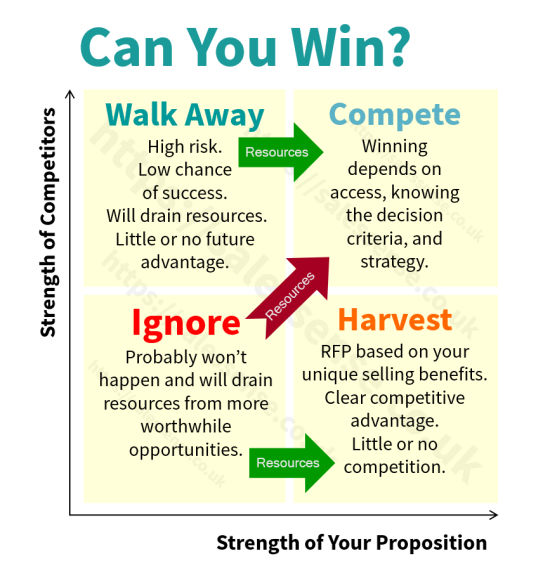Shortcut sales experience with sales frameworks.

The term, 'Sales Frameworks' describes a set of tools that we use to teach the sales methods and skills employed by top performers.
What are sales frameworks?
The models or representations, such as the diagram opposite, communicate complex ideas in an easy-to-grasp manner. Learning frameworks help bridge the sales experience gap and enable them to become productive sooner.
Sales frameworks are simple enough to memorise yet offer access to the insight and judgment of veterans.
Let me show you. Schedule a call.
If you arrived here looking for ways to establish sales methods, improve the sales process, or overall effectiveness, this page may be more relevant.
Adaptable Sales Frameworks
No two situations are the same. The most successful sellers are those who adapt their approach to meet the needs of each opportunity and situation. Having a framework helps people visualise complex situations and adapt as appropriate.
Frameworks help with decision-making: For example, should you invest more resources in the forlorn hope of winning a sale where you are not competitive or would you sell more using those resources elsewhere? Doing things right is a waste of time if you don't first choose the right thing to do.
Frameworks help with learning: A picture is worth many words and a diagram can give an instant insight into a complex situation. They can be based on the decision-making models used by top performers. Less experienced staff can approximate best practices from the representation and emulate successful techniques without first acquiring equivalent intuition and judgment.
Using the sales framework models in training accelerates comprehension. The frameworks provide thinking tools that focus attention on the right things. They focus attention, stimulate thinking, and aid judgment.
We use the Boston chart concept to contrast any two connected variables. Over the years we have created over 100 Boston chart sales frameworks.
Examples of Sales Frameworks
Follow the links to see examples.
- Bidding to win.
- The customer buying process.
- Qualification - is there an opportunity?
- Qualification - can we win? See above.
- Qualification - will it be worthwhile
- The impact of intrinsic motivation.
- The benefits of coaching.
- Structuring important messages.
- Making failure productive.
- Achieving customer loyalty.
- Leveraging the changing phases of learning.
- Aligning learning motivations.
- How negotiation changes over the sales process.
- The impact of planning.
- Problem-solving strategies.
- How to use reverse psychology.
- Thinking from another mind's perspective.
- Recognising decision-maker personas.
- Differentiating decision-maker roles.
- Recognising leadership styles.
- The impact of sales knowledge.
- The impact of the sales process.
- Channel sales partner distinctions.
- The power of stories.
- Decision maker focus.
- Creating a compelling value proposition.
- Aligning work motivators.
- Adapting for different personalities.
- Understanding decision-making styles.
- Characterising relationship standing.
- Establishing a common buying vision.
- Identifying competitive strategy.
See 'Bridging the Sales Experience Gap' for a detailed example.
Experienced salespeople can use the frameworks to explain and communicate their expertise. New salespeople gain an instant appreciation for the issues involved.
This approach is a powerful teaching aid that enables students to learn sales methods and skills from others and avoid having to repeat mistakes. Sales frameworks provide an easy way to learn and a shortcut for acquiring the wisdom of experience.
If you are looking for sales frameworks, effective sales training, or need to improve sales methods, get in touch. Call +44 (0)1392 851500. We will be pleased to learn about your needs and discuss some options. Alternatively, send an email to custserv@salessense.co.uk for a prompt reply or use the contact form here.












